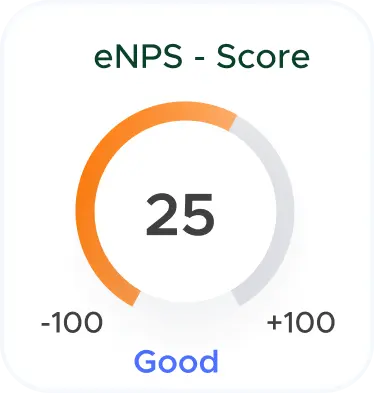How can employees maximize gross wages?
Employees can potentially increase their gross wages by negotiating higher salaries, seeking opportunities for overtime or additional shifts, pursuing performance-based bonuses or commissions, and enhancing their skills to qualify for promotions or higher-paying positions within their organizations.
Understanding gross wages is fundamental for both employees and employers in navigating the intricacies of compensation and financial management. By grasping the concepts and implications of gross wages, individuals can make informed decisions regarding their employment, finances, and overall career trajectory.
How do gross wages differ from net wages?
While gross wages represent the total earnings before deductions, net wages refer to the amount an employee receives after deductions such as taxes, retirement contributions, health insurance premiums, and other withholdings are subtracted. Net wages reflect the actual take-home pay that employees receive in their bank accounts.

.svg)













.svg)



.svg)
.svg)